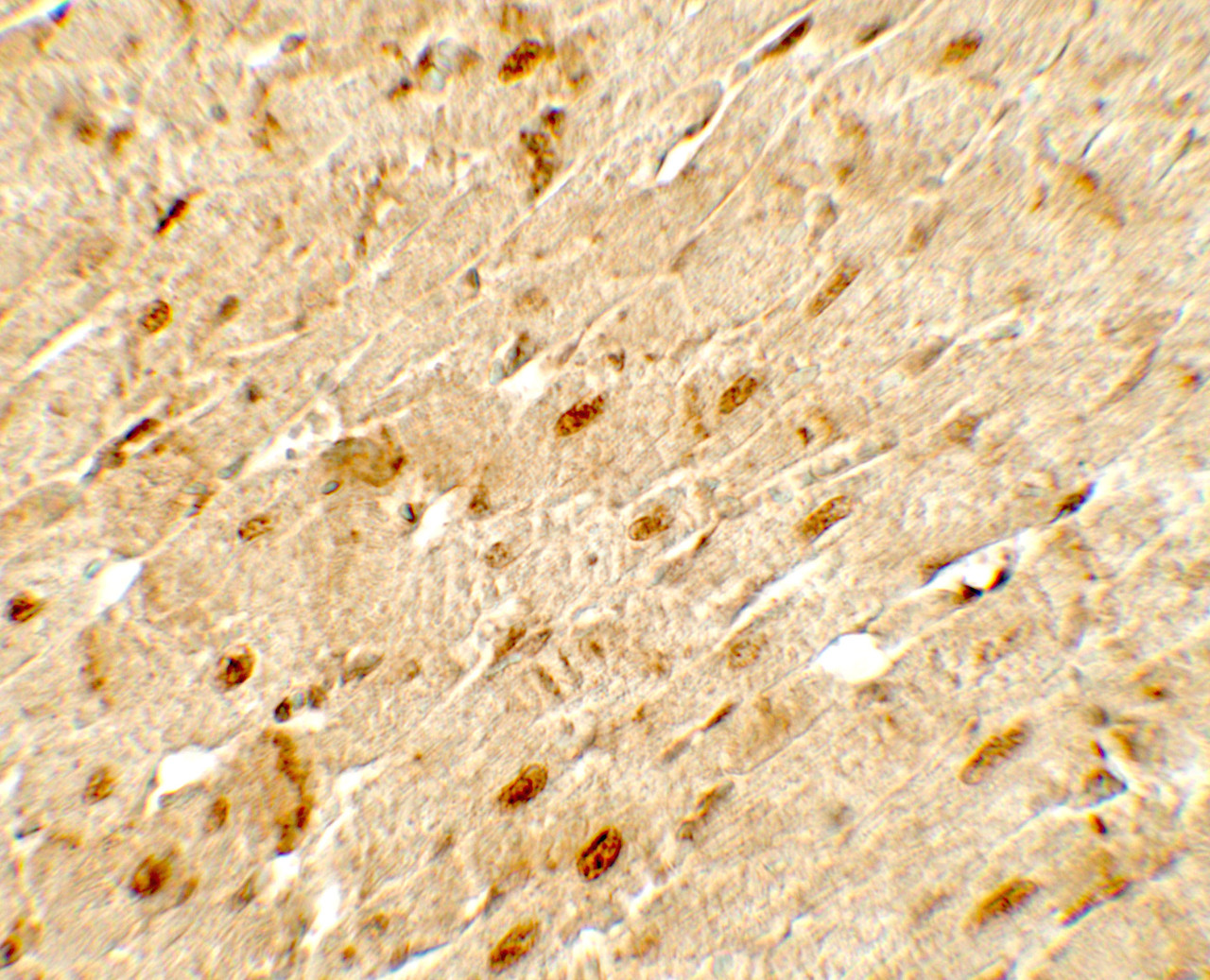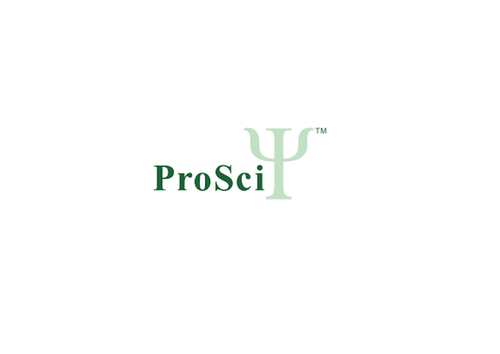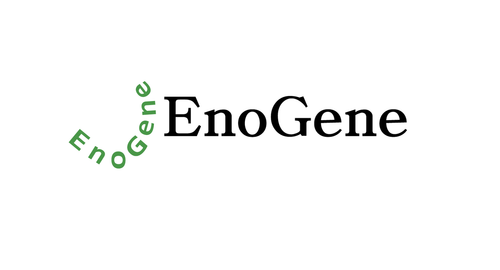Product Description
ANGPTL3 Antibody | 7865 | ProSci
Host: Rabbit
Reactivity: Human, Mouse, Rat
Homology: N/A
Immunogen: ANGPTL3 antibody was raised against an 18 amino acid peptide near the carboxy terminus of human ANGPTL3.
The immunogen is located within the last 50 amino acids of ANGPTL3.
Research Area: Homeostasis, Obesity
Tested Application: E, WB, IHC-P, IF
Application: ANGPTL3 antibody can be used for detection of ANGPTL3 by Western blot at 1 - 2 μg/ml. Antibody can also be used for Immunohistochemistry at 5 μg/mL. For Immunoflorescence start at 20 μg/mL.
Antibody validated: Western Blot in human samples; Immunohistochemistry in rat samples and Immunofluorescence in rat samples. All other applications and species not yet tested.
Specificiy: ANGPTL3 antibody is human, mouse and rat reactive. ANGPTL3 antibody is predicted not to cross-react with other ANGPTL family proteins.
Positive Control 1: Cat. No. 1301 - Human Heart Tissue Lysate
Positive Control 2: N/A
Positive Control 3: N/A
Positive Control 4: N/A
Positive Control 5: N/A
Positive Control 6: N/A
Molecular Weight: Predicted: 51 kDa
Observed: 53 kDa
Validation: N/A
Isoform: N/A
Purification: ANGPTL3 antibody is affinity chromatography purified via peptide column.
Clonality: Polyclonal
Clone: N/A
Isotype: IgG
Conjugate: Unconjugated
Physical State: Liquid
Buffer: ANGPTL3 antibody is supplied in PBS containing 0.02% sodium azide.
Concentration: 1 mg/mL
Storage Condition: ANGPTL3 antibody can be stored at 4˚C for three months and -20˚C, stable for up to one year.
Alternate Name: ANGPTL3 Antibody: ANL3, ANG-5, FHBL2, ANGPT5, UNQ153/PRO179, Angiopoietin-related protein 3, Angiopoietin-5
User Note: Optimal dilutions for each application to be determined by the researcher.
BACKGROUND: The angiopoietin-related protein 3 (ANGPTL3) is a member of a family of secreted proteins that function in angiogenesis (1) . ANGPTL3 is processed into an N-terminal coiled-coil domain-containing chain and a C-terminal fibrinogen chain. The N-terminal chain is important for lipid metablism, while the C-terminal chain may be involved in angiogenesis (2, 3) . Recent experiments have shown that a deficiency of ANGPTL3 is associated with increased insulin sensitivity, lipoprotein lipase activity, and decreased serum free fatty acids, suggesting that ANGPTL3 may also play a role in modulating glucose metabolism (4) .
 Euro
Euro
 USD
USD
 British Pound
British Pound
 NULL
NULL
















